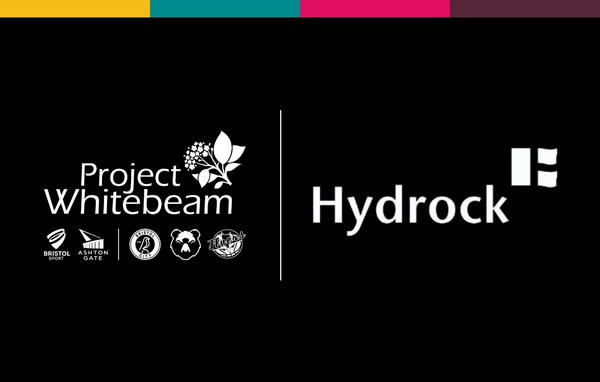
Hydrock, now Stantec, supported Bristol Sport and Ashton Gate Stadium during a series of initiatives designed to put sustainability on the agenda at football and rugby clubs across the country.
In our role as Net Zero Partner for Bristol Sport, we backed a range of projects organised for the Green Football Weekend and ‘Go Green’ rugby game, helping to collect and analyse data to quantify their impacts.
The move is part of a wider initiative to support Project Whitebeam, a collaborative effort across teams in the Bristol Sport Group - Bristol City men and women, Bristol Bears men and women, Bristol Flyers and Ashton Gate - to measure and reduce their environmental impact.

Supporters who attended were encouraged to travel to Ashton Gate on foot or by using the free public transport that was made available for the fixtures. A total of 392 passengers made use of the complimentary shuttle buses for Bristol Bears’ fixture, saving 127 kg of CO2e emissions. Dr Bike was on hand to provide free bike servicing to those who travelled by cycle – helping to save as much as 155 kg of CO2e through avoided bus travel and future estimated extra bike usage as a result.
Plant-based and low-carbon food options were made available on the concourses – saving 3,724kg of CO2e across the football and rugby fixtures - and staff were on hand to help educate fans on the recycling options available at the stadium, which sends zero waste to landfill, instead recycling it or converting it to energy. Fans were also encouraged to donate items of clothing to St Mungos during Green Rugby Weekend, resulting in CO2e savings of as much as 58kg.
In total, the events saved 4,061 kg CO2e, the equivalent of 15,395 miles driven in a petrol car.

Ric Hampton, regional director at Hydrock, said:
“We’re incredibly proud of our involvement in Project Whitebeam and our role in working with Bristol Sport as Net Zero Partner, both during Green Football Weekend and across the wider sporting calendar. Tackling the carbon impact of football – and sport as a whole – will become an increasingly important issue as the UK works towards meeting its net-zero targets, and we are excited by the opportunities this will present in the years to come.”
Pete Smith, head of change and sustainability at Bristol Sport Group, added:
“These games were a great opportunity to celebrate our sustainability work, try new things and engage with supporters. The important thing now is that we build on what we’ve learned to make on-going positive change.”
For further information on our net zero work with Bristol Sport, contact George Barnes.









